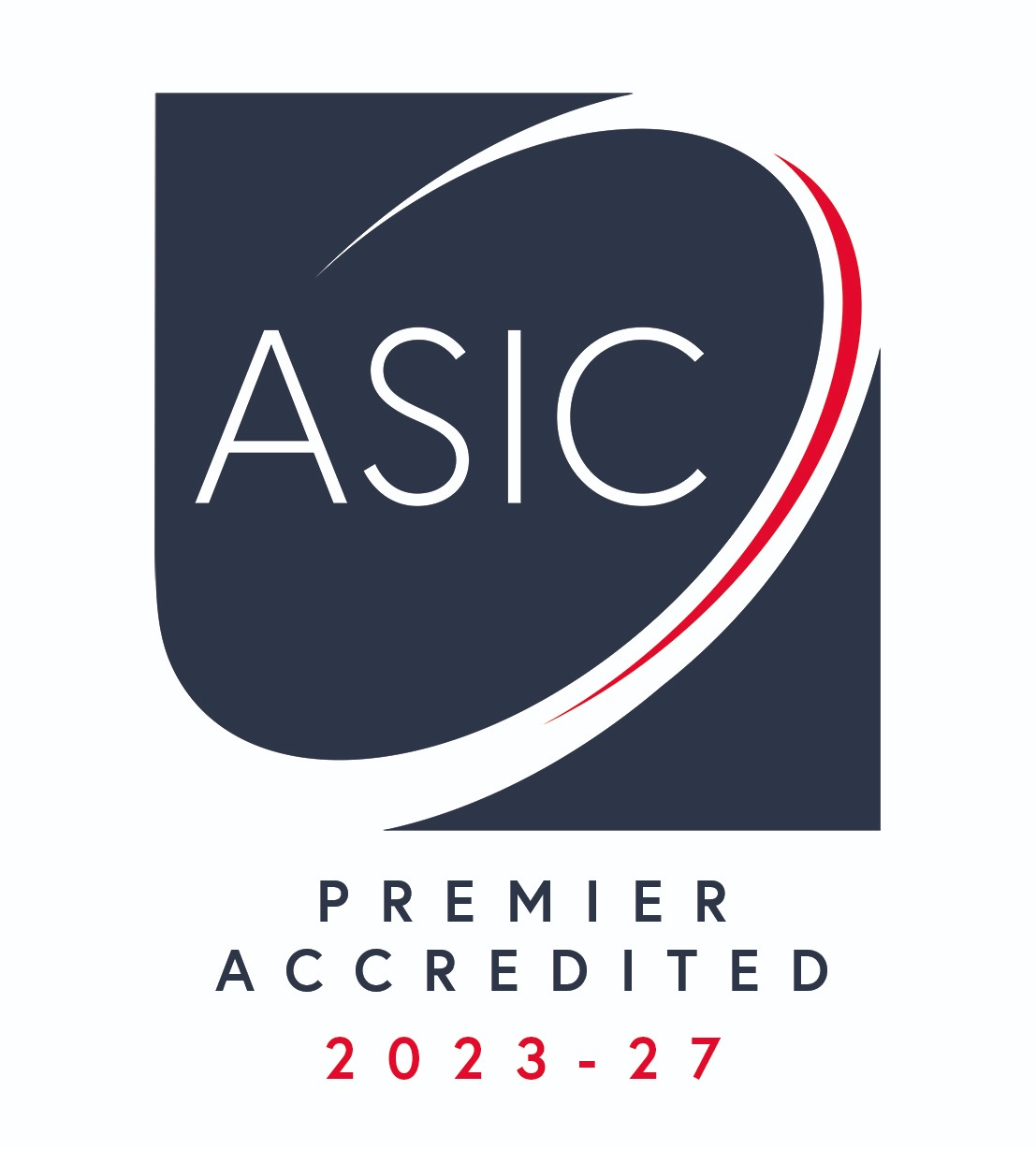M-401: Introduction to Management Information Systems
Introduction
This subject provides a foundational understanding of computer systems, software applications, networking, and the role of IT in modern business environments. Students will explore the architecture and functioning of IT systems, their evolution, and the strategic role of information systems.
Objectives
- Understand the basic components and functions of computer systems.
- Explore the role of IT in solving business problems and enhancing efficiency.
- Familiarize with hardware, software, and networking concepts.
- Examine IT trends and their impact on organizations.
- Develop critical skills in using productivity tools and platforms.
M-402: Computer System Architecture
Introduction
The study of Computer System Architecture provides learners with a strong foundation in the design, organization, and functionality of computer systems. It integrates principles of computing, hardware, operating systems, and networking to help students understand how different components interact to perform tasks efficiently. The subject also emphasizes system-level problem solving, troubleshooting, and data management, ensuring learners are capable of maintaining reliable and effective computing environments. Through its units, students will explore both theoretical frameworks and practical applications, preparing them to address real-world challenges in IT infrastructure, systems engineering, and digital operations.
Objectives
- To explain the fundamental concepts of computing and the role of system architecture in modern technology.
- To describe the key components of a computer system, including hardware, software, and peripheral devices.
- To analyze the functions and importance of operating systems in managing resources and processes.
- To understand computer networking concepts and evaluate networking technologies and services.
- To develop knowledge of data backup strategies and disaster recovery methods for system reliability.
- To diagnose and troubleshoot hardware, software, and networking issues using systematic approaches.
M-403: Database Management Systems
Introduction
This subject focuses on the principles, design, and management of relational and non-relational databases. Students will learn about data modeling, SQL, normalization, transactions, and database security.
Objectives
- Understand the architecture and components of database systems.
- Design Entity-Relationship models and normalize database schemas.
- Execute SQL commands for data retrieval, manipulation, and administration.
- Analyze transaction processing and concurrency control.
- Implement security measures and backup strategies for databases.
M-404: Data Analytics
Introduction
This subject delves into the techniques and tools used to analyze structured and unstructured data. It introduces statistical analysis, predictive modeling, data visualization, and the use of analytical platforms like R, Python, or Excel.
Objectives
- Understand the data analytics lifecycle and its applications.
- Apply descriptive and inferential statistics to data.
- Develop predictive models using machine learning algorithms.
- Use visualization tools to communicate analytical insights.
- Interpret business problems and solve them using data-driven approaches.
M-405: Information Security and Cyber security
Introduction
This subject introduces students to information security principles, risk assessment, and mitigation techniques. Topics include cybersecurity threats, encryption, access control, and compliance frameworks like ISO 27001.
Objectives
- Identify security threats, vulnerabilities, and cyber-attack vectors.
- Understand cryptographic techniques and data protection mechanisms.
- Implement access control and authentication strategies.
- Evaluate risk management and business continuity plans.
- Explore legal, ethical, and compliance aspects of cybersecurity.
M-406: Cloud Computing
Introduction
This subject provides insights into cloud architecture, service models (IaaS, PaaS, SaaS), virtualization, deployment models, and cost management. Students will explore platforms like AWS, Azure, and Google Cloud.
Objectives
- Understand cloud computing architecture and core components.
- Compare different cloud service and deployment models.
- Explore the use of virtual machines and containerization.
- Evaluate cloud providers and develop deployment strategies.
- Apply cloud-based solutions for scalability and cost-efficiency.
M-407: Business Intelligence and Data Warehousing
Introduction
This subject covers the design and implementation of data warehousing systems and BI tools that help businesses derive insights from large volumes of data. It includes ETL processes, OLAP, dashboards, and performance metrics.
Objectives
- Understand the architecture of data warehouses and data marts.
- Design ETL workflows for data integration and transformation.
- Apply OLAP and data cube concepts for multidimensional analysis.
- Use BI tools for developing dashboards and performance reports.
- Analyze business performance using historical and real-time data.
M-408: Data Governance and Compliance
Introduction
This subject introduces students to the policies, standards, and processes that ensure effective data management. Topics include data stewardship, regulatory compliance (GDPR, HIPAA), metadata, and audit controls.
Objectives
- Understand the principles and framework of data governance.
- Develop policies for data quality, integrity, and stewardship.
- Examine legal and regulatory compliance requirements.
- Implement data lifecycle management and metadata strategies.
- Assess audit trails and data accountability mechanisms.
M-409: Emerging Technologies and Trends
Introduction
This subject explores cutting-edge technologies such as blockchain, AI, IoT, edge computing, and quantum computing. Students will evaluate their applications, challenges, and the future of digital transformation.
Objectives
- Explore the landscape of emerging IT technologies.
- Understand the impact of AI, IoT, and blockchain on business models.
- Evaluate real-world use cases of new technologies.
- Analyze ethical and security implications of emerging tech.
- Develop strategic thinking for technology adoption and innovation.
M-410: Digital Transformation and Sustainability
Introduction
Digital Transformation and Sustainability explores the intersection of technology-driven innovation and sustainable business practices. The subject equips learners with insights into how organizations can leverage digital technologies to redefine strategies, optimize systems, and drive sustainable growth. It focuses on corporate strategy alignment, enterprise system adoption, leadership decision-making, and the integration of sustainable infrastructures. Students will also examine the emerging role of digital leadership in guiding transformation while ensuring environmental and social responsibility. By bridging digitalization with sustainability, this course prepares learners to lead organizations toward resilience, efficiency, and long-term value creation.
Objectives
- To introduce the concepts, scope, and significance of digital transformation and sustainability in modern business.
- To analyze how digitalization impacts corporate strategies and value creation.
- To evaluate enterprise systems and their role in enabling digital transformation across industries.
- To assess the influence of digital technologies on leadership decision-making and governance.
- To explore sustainable infrastructure design and its role in ensuring long-term digital resilience.
- To develop leadership competencies required to manage digital sustainability initiatives effectively.
M-411: Action Research Paper [18 ECT]













